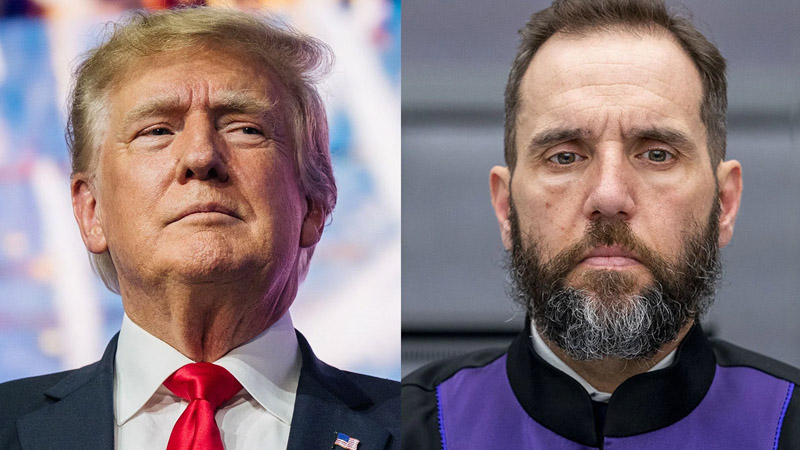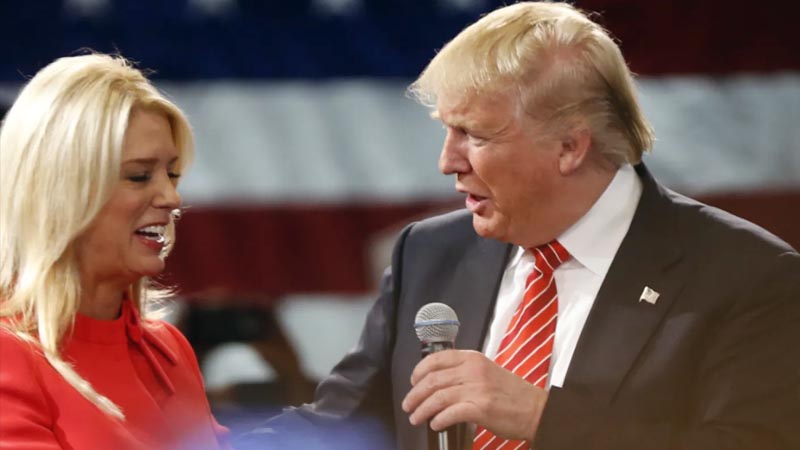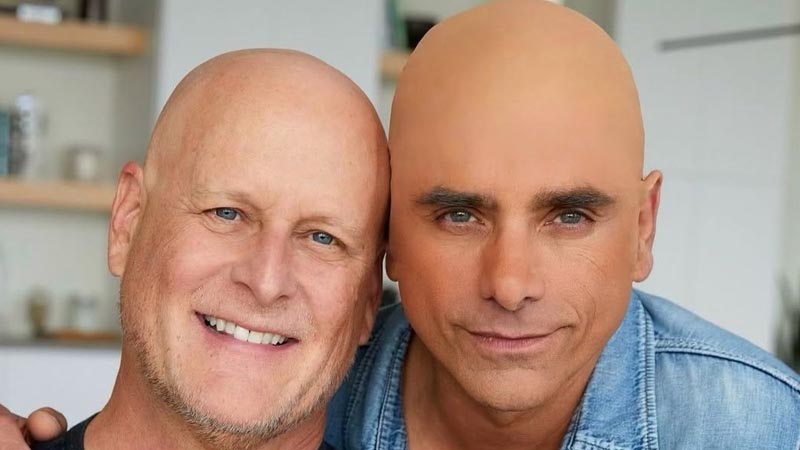Special Counsel Jack Smith Prepares for Potential Supreme Court Setback in Trump Immunity Case

Photos by Chip Somodevilla/Getty Images and Anna Moneymaker/Getty Images.
According to a recent analysis, Special Counsel Jack Smith might be preparing a fallback strategy should the Supreme Court rule in favor of former President Donald Trump, granting him presidential immunity in a federal election conspiracy case.
This complex legal battle took a significant turn last week when the Supreme Court deliberated over Trump’s claim that his presidential actions should shield him from prosecution. While it is generally expected that the Supreme Court will not completely dismiss the charges against Trump, there is speculation among legal experts that the Court may recognize immunity for certain actions deemed official presidential acts.
This possibility has led to discussions about whether parts of the indictment against Trump might be immune from prosecution. Such a decision could see the case referred back to lower courts to determine which elements of the indictment may proceed, potentially causing further delays in a case already bogged down by legal intricacies.
The New York Times suggests that Special Counsel Smith has strategies in place to continue pursuing the case even if the Supreme Court rules partially in Trump’s favor. This development indicates a readiness to adapt to various judicial outcomes to ensure the case’s progression.
According to reporter Charlie Savage, Smith’s attorney Michael Drebeen as good as told the justices what they would do at oral argument: he “said that even if the court ruled out basing charges on Mr. Trump’s official actions, prosecutors believed that they could still lawfully present evidence about the official conduct as relevant context that would help jurors understand Mr. Trump’s private acts. ‘There’s really an integrated conspiracy here that had different components,’ Mr. Dreeben said. Mr. Trump, he added, used his official powers to try to ensure his private efforts to overturn the election were more likely to succeed, and the jury will need to see the entire picture to understand the sequence, why each step occurred and the gravity of the conduct.”
On the opposing side, Trump’s attorney, John Sauer, has argued aggressively for the Supreme Court to prohibit the use of official acts as evidence in the proceedings, not merely as a basis for the charges themselves. This stance underscores the defense’s intent to limit the scope of prosecutable material in the trial.
Adding depth to the discussion, Samuel Buell, a professor of criminal law at Duke University, commented on the typicality of admitting information as relevant evidence in court cases. He noted that it is common practice to include such evidence even if it does not pertain directly to actions that are criminally chargeable, especially in complex cases involving prolonged activities and multiple co-conspirators.
The potential recognition of immunity for some of Trump’s presidential actions by the Supreme Court could introduce significant delays in a trial already challenged by time constraints, with the upcoming election looming as a critical backdrop. The ongoing legal proceedings in a separate Manhattan case against Trump add further complexity and urgency to the unfolding legal narratives surrounding the former president.
This situation encapsulates the intricate balance between legal strategies and the overarching political implications of high-profile cases. As the courts grapple with these issues, the potential outcomes of this case could have profound impacts on legal precedents concerning presidential immunity and accountability.


